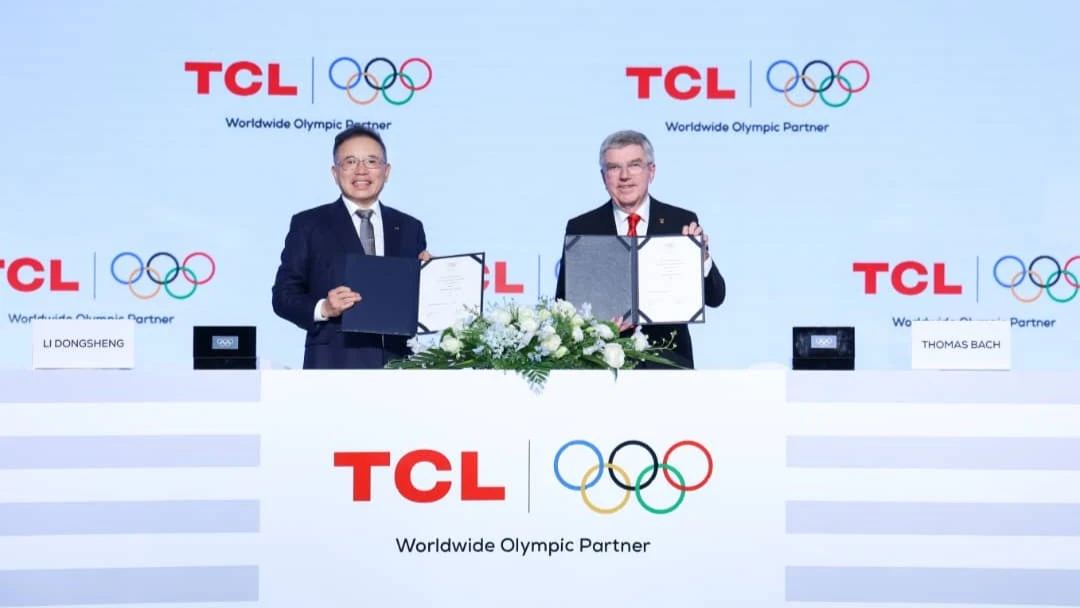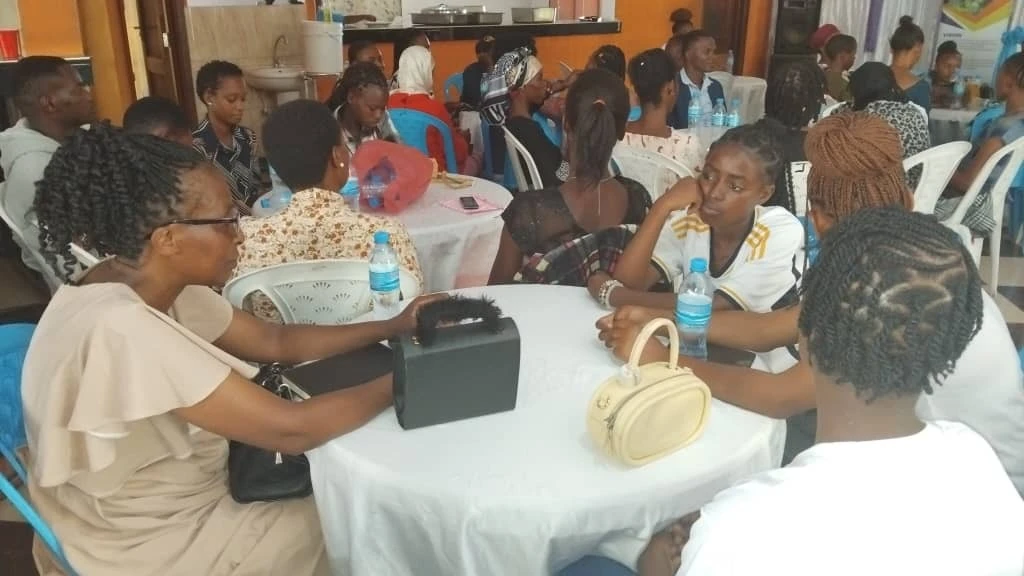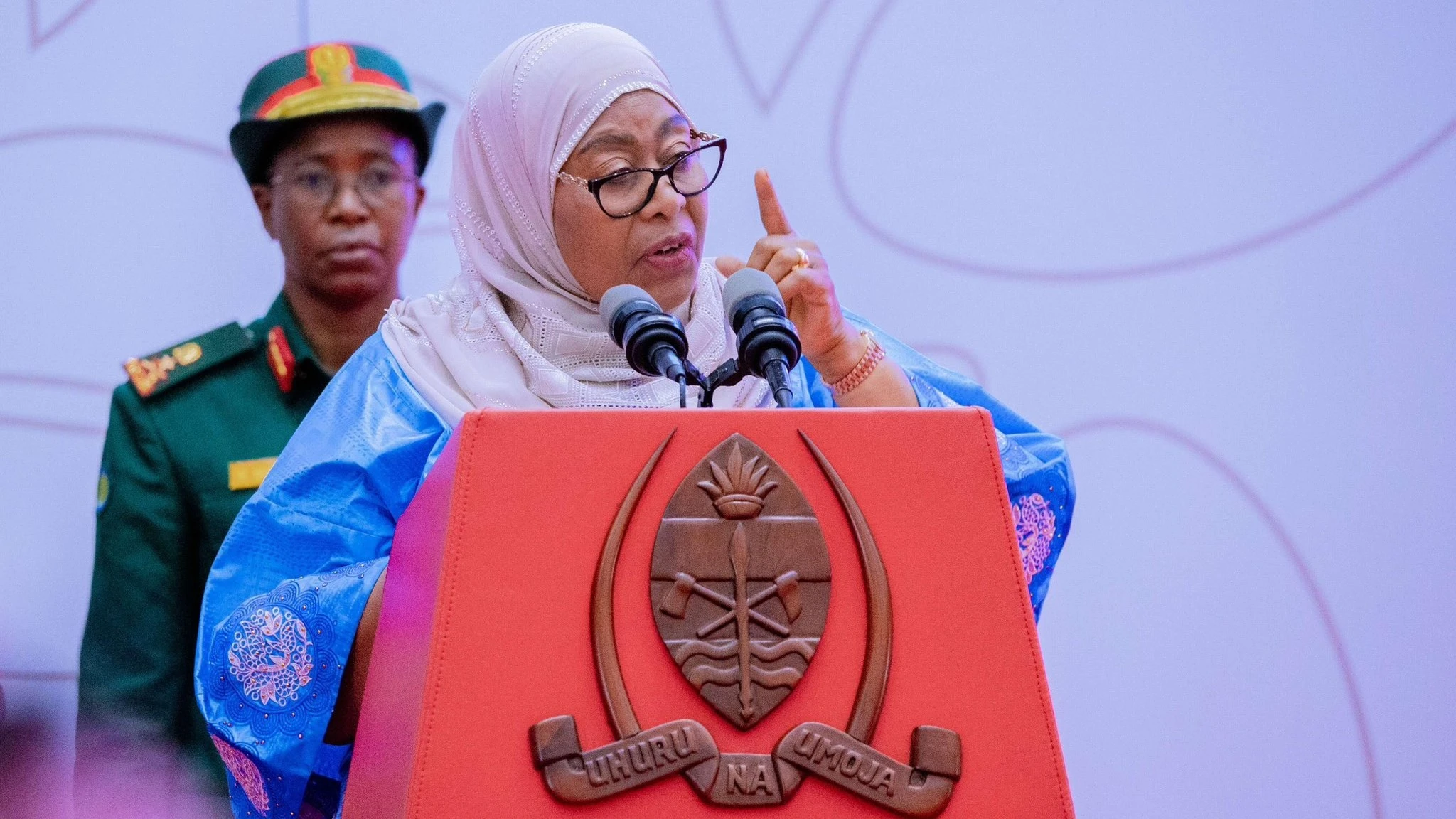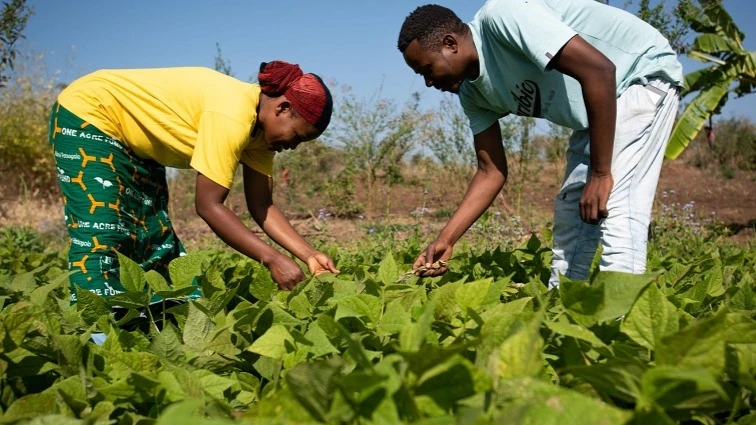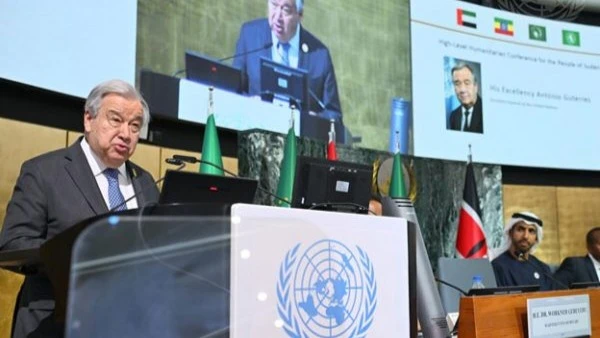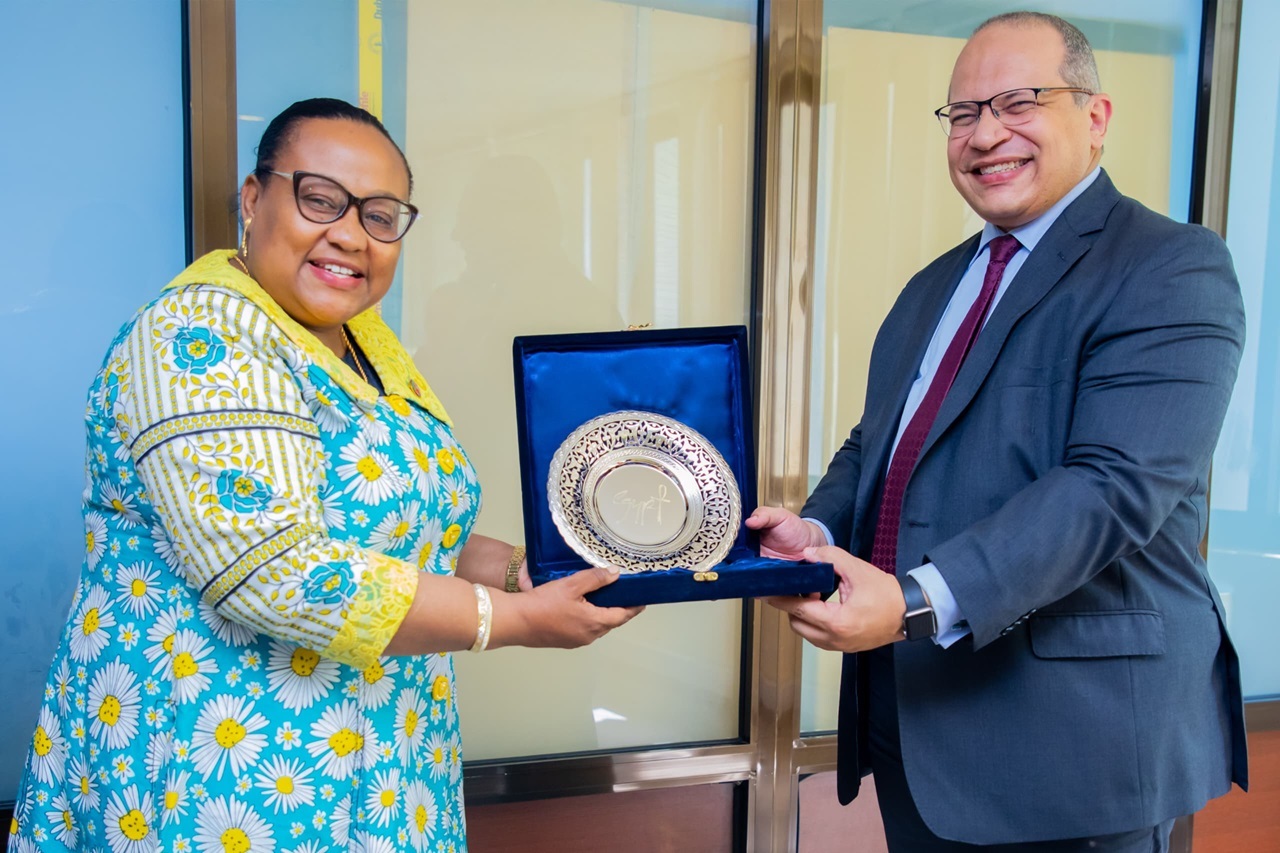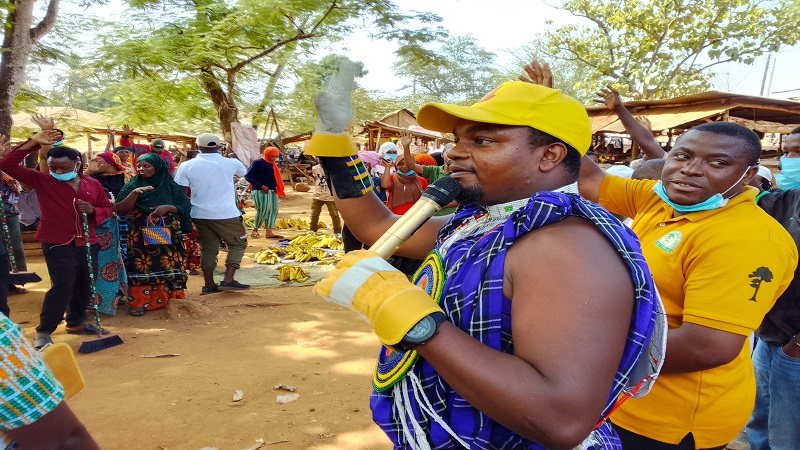Young female in Njombe finds niche in growing Irish potatoes
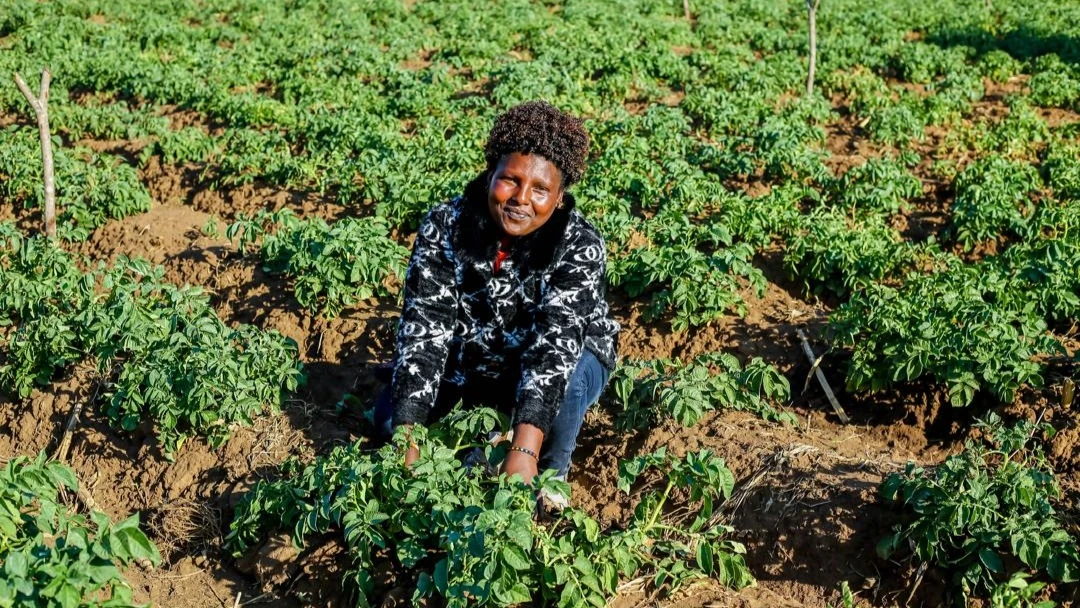
SIA Abraham Kabelege is a young lady from Lunguya Village, Mtwango Ward, Njombe District, and Njombe Region. She is a Form IV leaver and a farmer of Irish potatoes of the variety of Sigitta from the Netherlands but produced in Tanzania.
Sagitta variety matures in a short time and within 90 days it is already on the market. Sigitta seeds may stay for a long time even a month after harvesting.
It is resistant to diseases. It is Sagitta variety is very productive, unlike natural seeds. A potato farmer can harvest 40 sacks per acre, but if he or she plants Sagitta seed, the farmer is sure to harvest up to 200 sacks of Sagitta potatoes per acre. Irish potatoes are a staple crop for many families.
Sia says that what made her engage in the cultivation of round potatoes, especially the Sagitta variety is that she joined a small group that would get lessons from a SAGCOT demonstration farm of 25 acres. “I joined this group. We managed to cultivate Irish potatoes and got plenty of produce. I thought of starting my own farm, a half-acre,” says Sia.
In her explanation, she says she bought up to 450 kilos of seeds, and when she planted, she was able to harvest 86 sacks of round potatoes. After that, she decided to get involved in farming Sagitta potatoes. “I have achieved many things through agriculture, such as owning land. At first, I did not own any land, I was renting from other people. But today I own 8 acres, which I bought myself, I am educating my children and I have been able to build a house,” he says.
Sia explains that at first, she used to borrow from the group to cultivate. This year she has cultivated 15 acres, and among them, 10 acres she borrowed money from their group, but for 5 acres she paid in cash.
She says the secret of his success as a young lady in farming is her dedication and not giving up due to the challenges of pests and diseases that attack round potatoes.
He says he joined the group, which lent her capital, seeds, fertilisers, and insecticides so he could manage her own farm.
“SAGCOT took us from small groups to a cooperative association called Isuelu AMCOS, which lends money to the youth and women. I have also received education at SAGCOT demonstration farm and after SAGCOT left we continued to get lessons from Stawisha and after Stawisha we continued to receive training from Craft.”
She says the projects have given them training and attracted young people to engage in farming and today many young people have succeeded through these projects. Despite the successes she has achieved, Sia says there are various challenges she has encountered such as lack of capital because the cultivation of round potatoes requires more capital than maize, whose capital for one acre can be 800,000/- but for round potatoes its capital reaches 3, 800,000/- per acre.
“It is a challenge, but small groups help us address this challenge. I advise the youth, let's not give up because this round potato crop uses a lot of money, but in harvesting you can get 7m/- to 8m/- per acre.”
She says another challenge is seeds because the seed producer they depend on is only one. However, she says the government has started TARI Uyole, although its production is not much.
She mentions another challenge is climate change because rain is unpredictable and in the circumstances producing seeds becomes problematic.
She calls on young people to love agriculture, and if they love it, agriculture will love them and they will no longer desire employment.
“My call to the government is to help put in place an enabling policy that will be able to help young people, especially in the agricultural sector, and reduce high-interest conditions on loans to empower young people to engage in agriculture. All young people don't need to engage in farming, some can start small industries for packaging. Once you have an idea, you can go to a bank and apply for a loan, or in your group, instead of taking fertilisers, you may take money for a packaging project,” says Sia.
She explains that another opportunity for young people is to transport potatoes from upcountry regions and send them to Dar es Salaam and Zanzibar. She says in this season other transporters have been able to transport their goods to Nairobi.
Top Headlines
© 2025 IPPMEDIA.COM. ALL RIGHTS RESERVED












